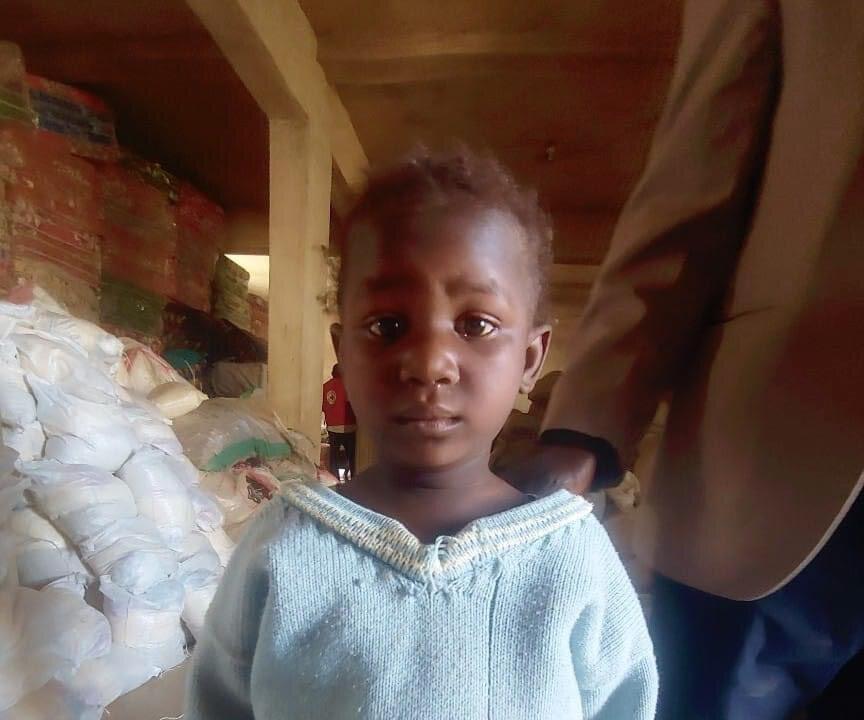JOS, Nigeria—Human-rights groups from around the world have reacted with dismay to the recent delisting of Nigeria as a “Country of Particular Concern” (CPC) by the U.S. Department of State.
Ahead of his Nov. 18 visit to Nigeria, Secretary of State Antony Blinken listed China, Myanmar, Eritrea, Iran, North Korea, Pakistan, Russia, Saudi Arabia, Tajikistan, and Turkmenistan as CPCs. The secretary of state designates a CPC for severe violations of religious freedom.





